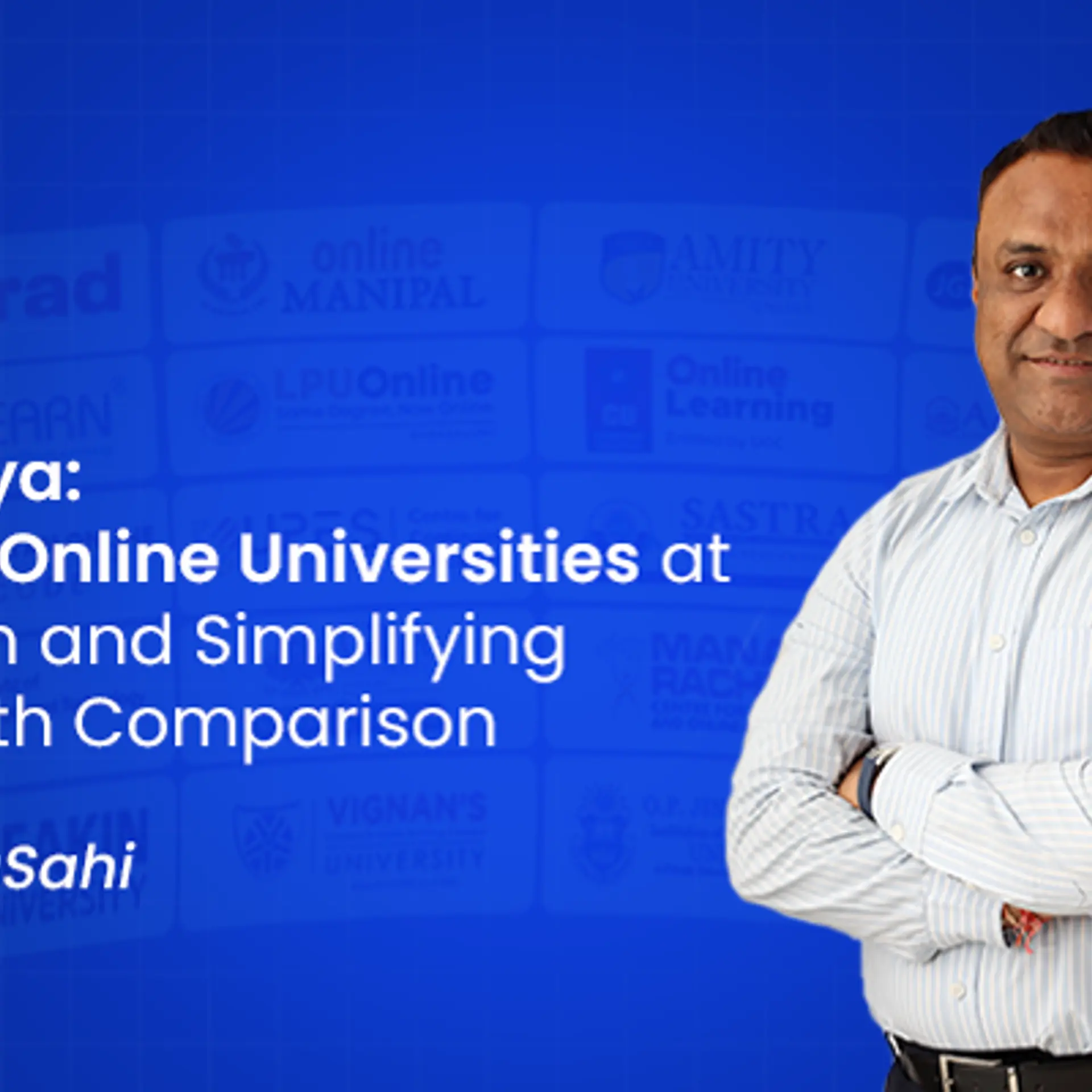[Tech 30] The journey of Hasura, from a food delivery app to a platform that helps developers build apps
“We are under a misconception that apps have conquered the world. There are several problems in different sectors that aren’t resolved, and it should be easy for people even with decent and basic tech knowledge to develop an app that helps them,” says Tanmay Gopal, Co-founder, Hasura.
It was with this idea that Rajoshi Ghosh, a Gartner technology incubator researcher, and Tanmay, a techie geek and startup enthusiast started Hasura. It is a platform that helps any developer build, develop and scale their apps. The platform has instant APIs for rapid development, and it helps create a to-do app in within three minutes.
It also has native SDKs that can be used for instant or custom APIs. They are generated automatically when the APIs are generated.
“It is like having your own DIY kit, with all the essentials already in place. You just need to plug the details in place and get going,” says Rajoshi.

From food to backend development
However, Hasura didn’t start out in the present space. Tanmay had graduated from IIT Madras, and was consulting when he met Rajoshi through a common friend. At that point in time the duo had decided to start an online food delivery platform when they realised that there was a huge migrant population in the city, and there were people looking for home-cooked meals.
So they decided to reach out to families that cooked the meals. The team then got together home chefs and people who needed home-cooked meals.
“When we started building the platform we realised that the app wasn’t difficult to build. It was an operational and logistics problem. But we nevertheless had a successful pilot,” says Rajoshi. However, when they sat down to build the tech, they found there were several questions of what stack and which programmes to use.
The team realised they were solving several core issues like – how do you get a C library to talk to a Python library and integrate the best that is available, while checking app performance. So they started solving these core problems than building the food delivery app.
“It was a serendipitous transition. And a friend came to us and told us that a his developer had abandoned them and sought our help to complete the app. We realised that what we had built was applicable to what our friend had built. This was the gradual transition to Hasura,” adds Rajoshi.
Working on the revenue model
While they started work on the food delivery app in 2012, by 2013 end they began developing the product while focussing on consultation for revenue generation. The consultation also helped the team work further on Hasura. And by end of 2014 they focussed on actually building the platform.
The team launched the beta version in 2015. The revenue model currently works on two parts. For the DIY kit, as a single developer, where Hasura sits on the hosting server, the cost is $25, and for enterprise customers the price is at $250.
Hasura is a part of Tech30 because they are working directly in the developer space and are working on a separate level. The focus of the product is on the backend development and building a stronger ecosystem.
The backend developer space is fast growing: there are players like IBM Bluemix that are looking to solve the problem; there is Firebase, which again works on the backend development space. There is also Postman, which is backed by Nexus, which developers use for testing.
Some of the products that are similar to Postman and fall in the similar space are Runscope, Paw, StopLight, RESTClient, SmartBear, and RAML. A report by Gartner suggests that by 2017, close to 268 billion downloads of mobile apps are likely to generate a cumulative revenue of $77 billion. The report also stated that open-source frameworks, app markets, and mobile DevOps will increase exponentially. This year, API testing is one of the top-most requirements by enterprises.
“The idea of Hasura is to make app development easy. We are telling our consumers that we will solve their backend problems, so that they can focus on the rest. We are focussed on people who are developing apps and enterprises. The reason we chose to be a part of TechSparks and Tech30 is to connect to the different enterprise clients and startups, and get their feedback on Hasura,” says Rajoshi.


![[Tech 30] The journey of Hasura, from a food delivery app to a platform that helps developers build apps](https://images.yourstory.com/cs/wordpress/2016/10/hasura-tech30.png?mode=crop&crop=faces&ar=2%3A1&format=auto&w=1920&q=75)




